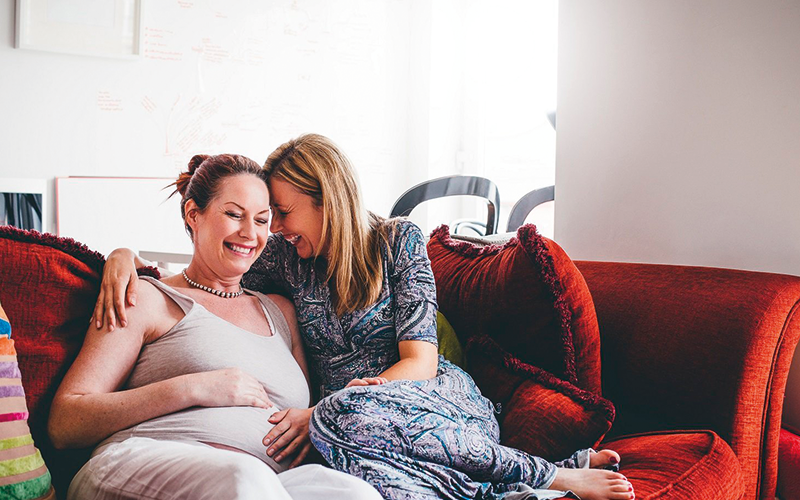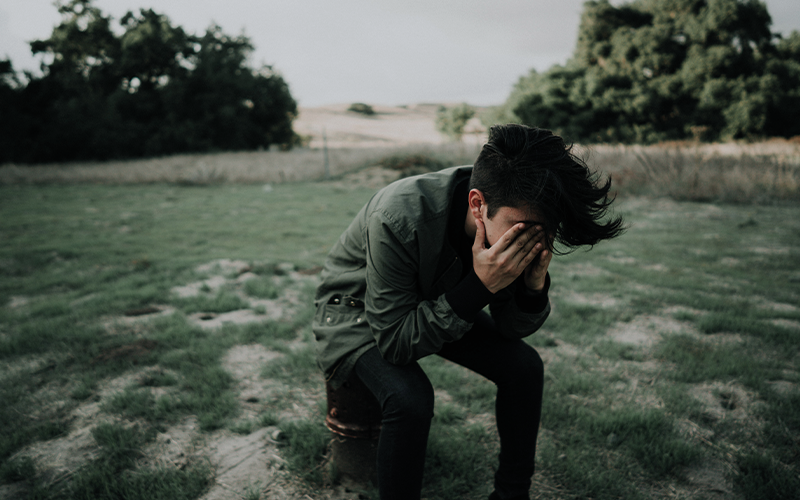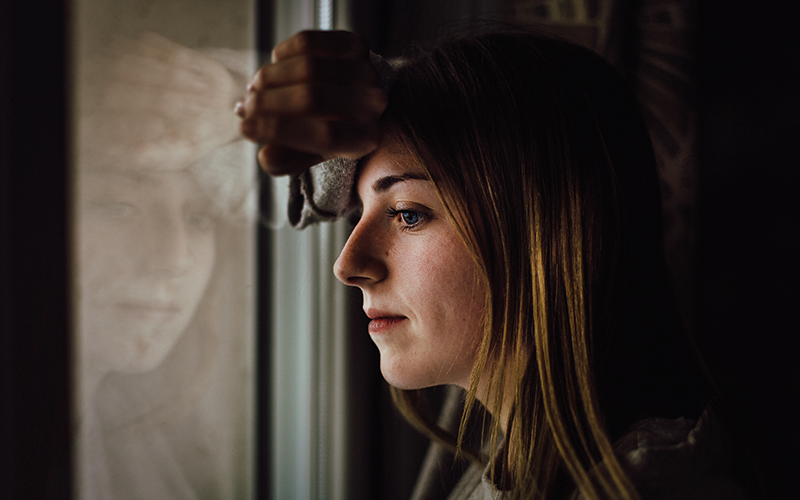Is this domestic abuse?
It’s not always easy to know if a relationship is healthy or not.

Signs of a healthy relationship
- You feel happy, safe, liked, respected, cared for, supported, and free, and you are able to be yourself.
- Your partner considers how their actions impact on you, they support your ambitions – in actions and words, and give you space and time when you need it.
- They do not harm you or use threatening, violent, intimidating or manipulative behaviour towards you.
Signs of an unhealthy relationship
- You feel scared, humiliated, isolated, intimidated and manipulated by their actions, and that they don’t respect you.
- You are anxious, nervous, depressed, feel bad about yourself and might not be able to eat or sleep properly or eat or sleep too much because of how they make you feel.
- There might be pressure put on you to perform sexual acts, use drugs or drink alcohol when you don’t want to.
- They have been threatening, violent and aggressive towards you.
Warning signs of domestic abuse
Every relationship is unique, but there are signs that what you are experiencing is domestic abuse, whether from a current/ex-partner or family member.
Do they
- Isolate you from your friends a family
- Get angry when you want to spend time by yourself or with friends/family
- Demand that you spend all your time with them
- Get jealous and possessive and accuse you of flirting/cheating
- Make it hard for you to leave your home or to go to work/work at home
- Control what your wear, who you see, and what you do
- Criticise your looks/actions/parenting/housework
- Follow your movements in person and online
- Check your phone, email, and social media accounts, read your messages and control who you communicate with
- Stop you from messaging your friends and try to control what you post and share on social media, and who you follow and befriend
- Always call, text or instant message you to check where you are and who you’re with
- Control your money and what you can buy
- Call you names/put you down/humiliate you in public
- Lie to you, keep secrets, break promises
- Damage or ruin your possessions on purpose
- Pressure you to drink/use drugs or commit illegal acts
- Get aggressive or hit/shove/slap/kick you
- Get angry, deliberately start fights and use intimidating behaviour
- Threaten to harm you or themselves or do harm you
- Use pressure tactics – withhold money, disconnect the Wi-Fi, take the car keys, threaten to report you to services – to make you do what they want
- Put pressure on you to perform sexual acts when you don’t want to, telling you that “everyone is doing it” or that you would do it “if you really loved them”
- Make things go wrong for you, pick fights, hide your things, turn up unexpectedly, and spread lies
- Blame you for their behaviour, saying things like “You made me….” or “If you hadn’t…”
- Use your children or pets against you, restrict their movements and threaten them
- Deny the abuse is happening, saying that the abuse is your fault
- Act nice in public, making grand gestures and saying it’ll never happen again (“love bombing”) then are abusive again afterwards
We are here for you
If you answered ‘yes’ to any of the statements above, you may be experiencing domestic abuse.
Our specialist team is here to help you. Get in touch, when you’re ready. We will listen to you and chat through the right support options for your situation, helping you to plan what to do next.
It’s ok if you’re not sure what help you need or where to start, we’re here to advise you. We know how hard it is to come to terms with what’s happening to you and to reach out – your strength in doing so is your first step to safety.
Call our helpline
0800 917 9948
For non-emergency support.
Monday, Tuesday, Wednesday 09:30–11:30am, 12:30–2:30pm, Thursday and Friday 09:30–11:30am (except bank holidays)
Calls are free and will not show up on itemised phone bills.


``Other people were standing by me, waiting for me to be ready. Nobody could have pushed me into asking for help any faster than I did. If you suspect that someone you know is suffering abuse, be ready to give them support when the time is right``
Paul
Related content
Guidance on how to be as safe as possible, from practical safety planning to covering tracks online.
Understand what domestic abuse is and the many different forms of abuse there are.
The answers to frequently asked questions and misconceptions about domestic abuse.




